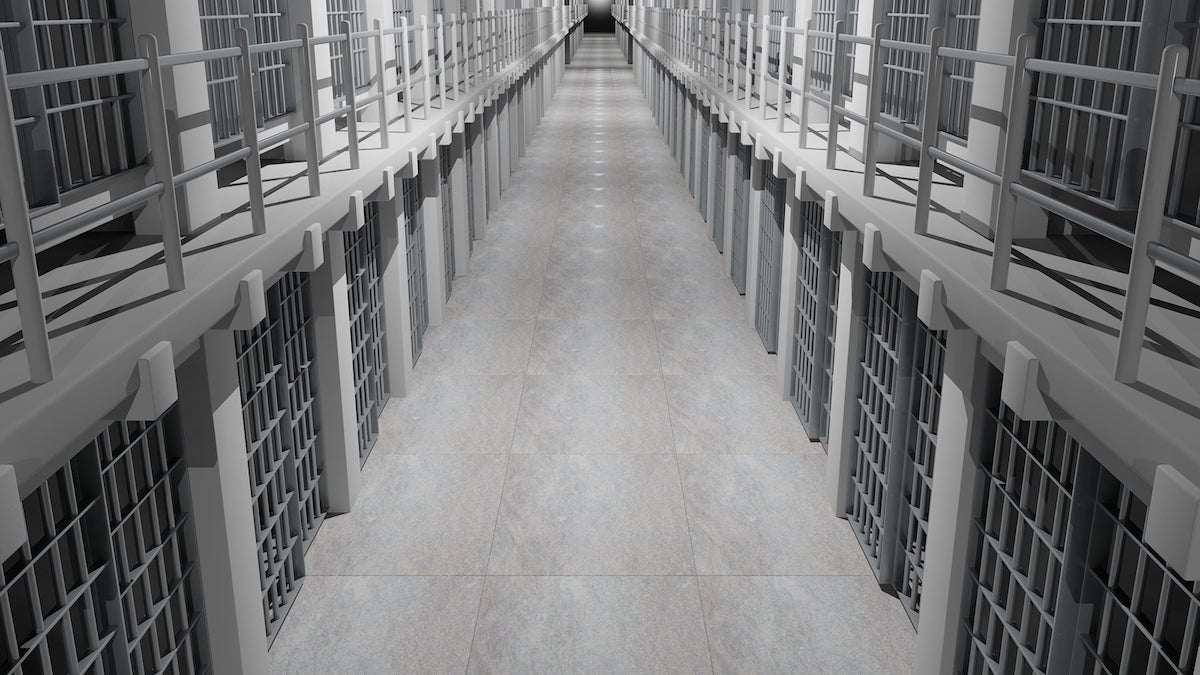Changes urged for policies that overextend jails, harm mentally ill

(viperagp / BigStock)
Since the advent of deinstitutionalization — the practice of replacing long-stay psychiatric facilities with community mental health services — many severely mentally ill people have not been able to get treatment.
Some commit minor crimes, then end up in county jails. That leads to the situation of state prisons and county jails holding as many as 10 times more people with serious mental illnesses than state psychiatric hospitals. And that creates dilemmas for county jailers as well as wide-reaching social costs, according to a recent report from the Treatment Advocacy Center and the Public Citizen’s Health Research Group.
They surveyed more than 230 sheriff’s departments around the country, including two in Pennsylvania. Ninety percent of the surveys were completed by experienced law enforcement staff.
They found that about three-quarters of the jails reported housing more or far more seriously mentally ill inmates compared with five or 10 years ago. And the recidivism rate was higher or much higher for those inmates than the general inmate population.
“Unfortunately, as we’ve cut mental health resources and as we’ve failed to really focus on those most severely ill individuals, we find that they end up in jails and prisons much more often than the general population,” said John Snook, executive director of the Treatment Advocacy Center.
Jailers often put the severely mentally ill in segregation, which can be the safest choice for them and those around them, Snook said. But isn’t good for their health or treating their illness.
“In talking to jailers, what we heard over and over is that they feel like they’re caught in a no-win situation,” he said.
His organization recommends that, when a severely mentally ill person commits a quality of life crime such as public urination, the response should be getting that person to treatment instead of jail. And if that doesn’t happen, Snook said, jails should employ robust screening programs, which he says jailers themselves support when it comes to this population.
“Because, as they deteriorate, they end up staying longer in the jail cell, and they’re just more difficult to care for,” he said.
Snook said he believes there is an interest from political leadership in making these changes, citing a recent Obama administration rule that allows Medicaid to reimburse inpatient hospital stays for 15 days.
WHYY is your source for fact-based, in-depth journalism and information. As a nonprofit organization, we rely on financial support from readers like you. Please give today.

